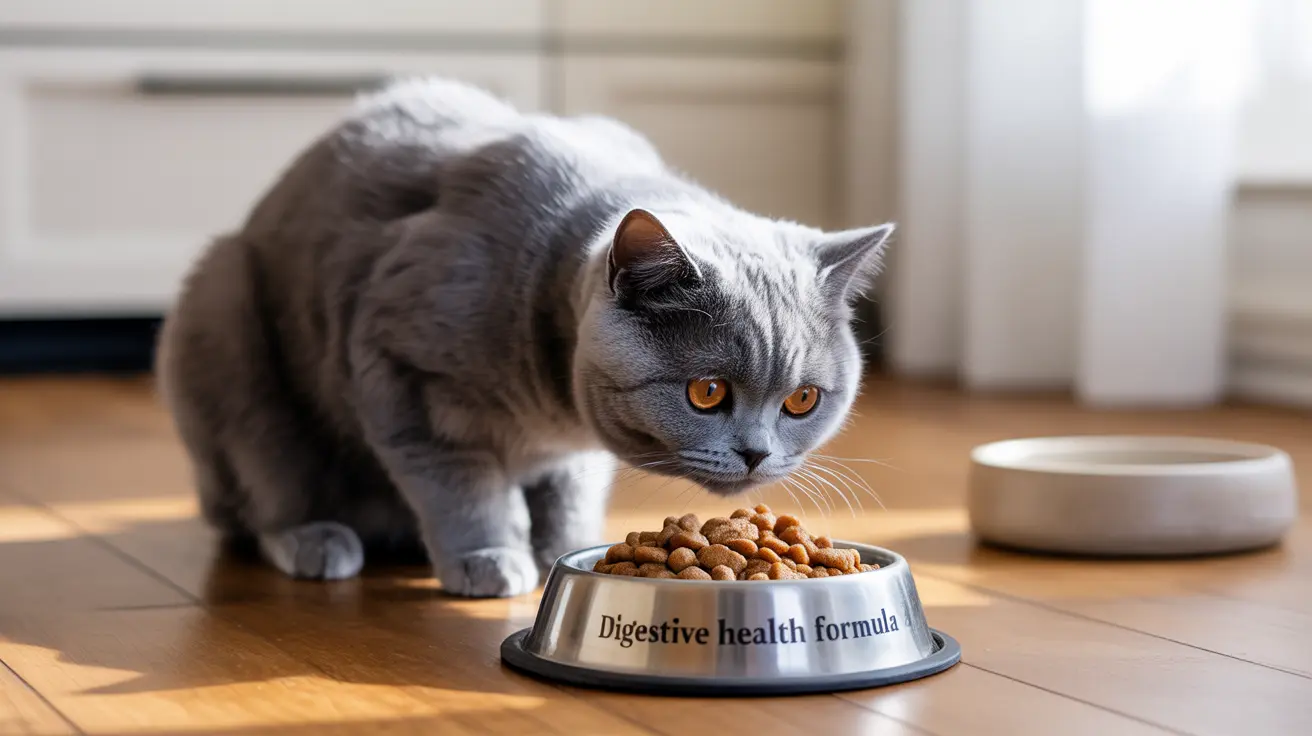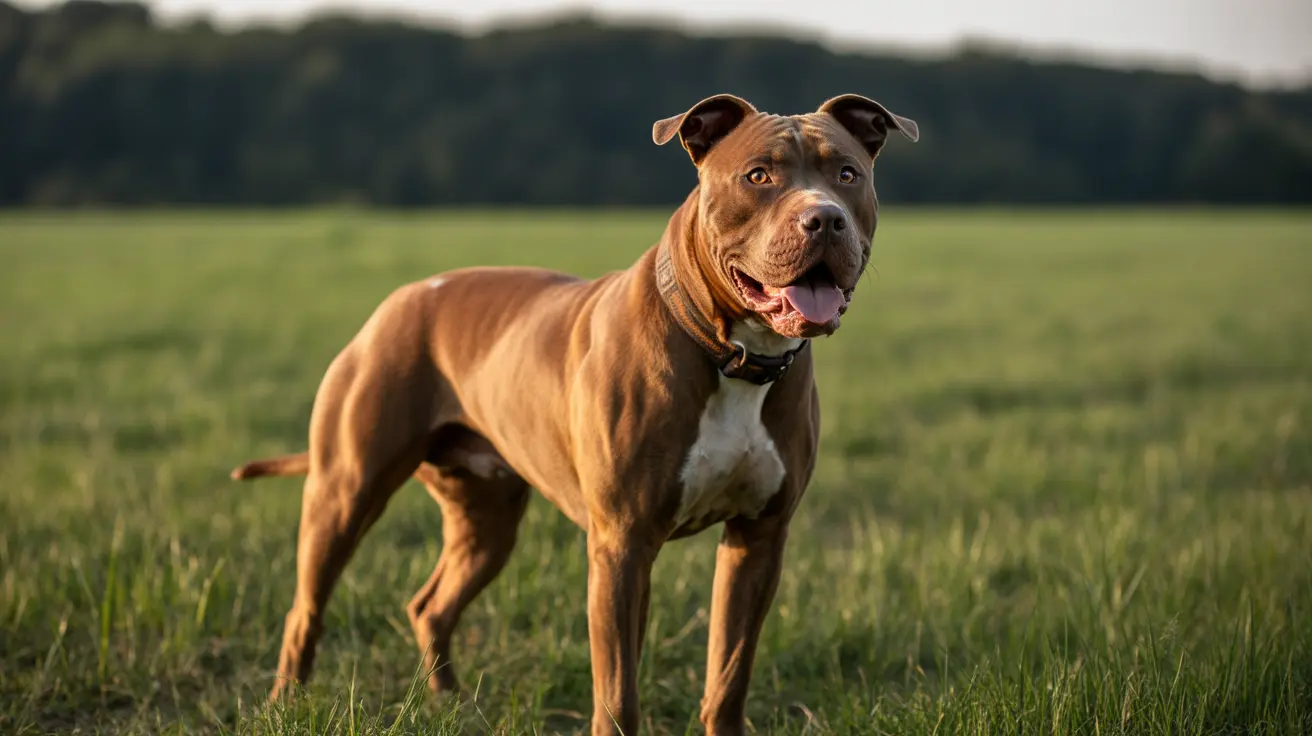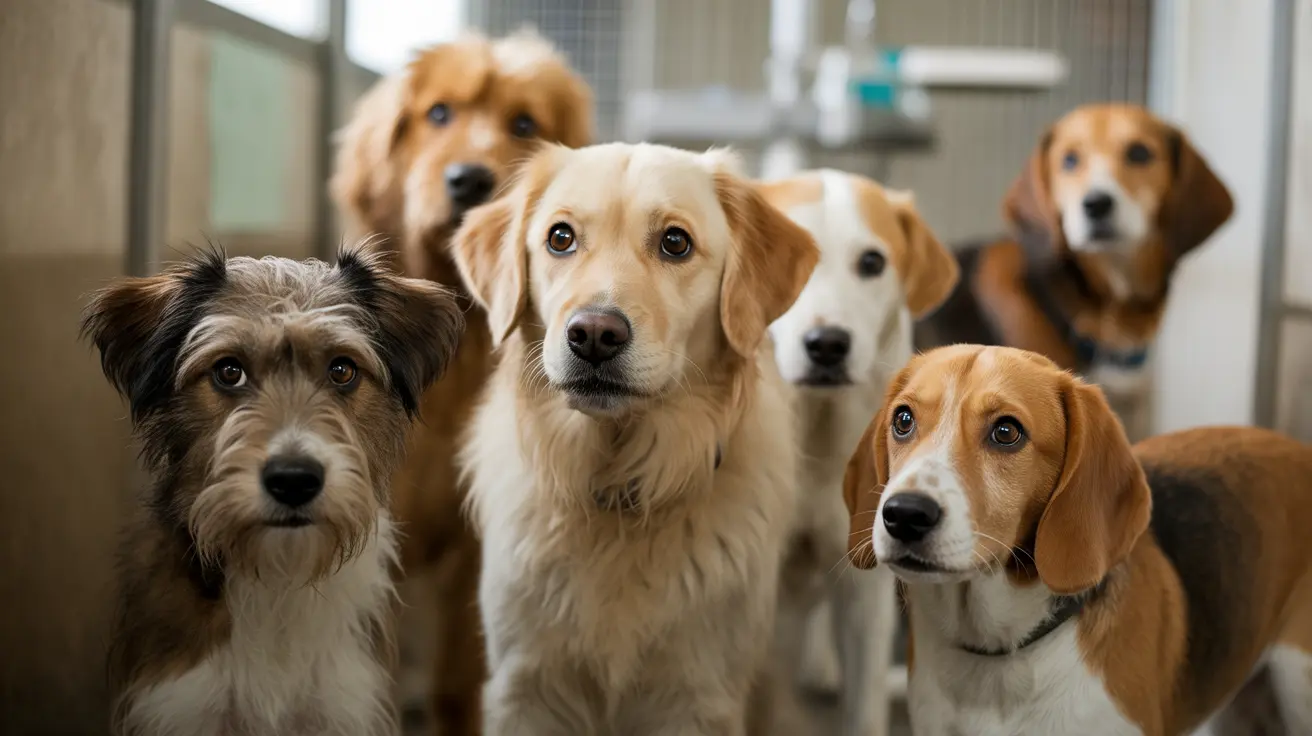When your feline friend experiences digestive issues, finding the right cat food for diarrhea becomes crucial for their recovery and comfort. Digestive problems can be distressing for both cats and their owners, but with the proper dietary approach, many cases can be effectively managed at home.
Understanding how to choose and introduce the right food can make a significant difference in your cat's recovery. This comprehensive guide will help you navigate the best feeding options and understand when dietary changes alone might not be enough.
Understanding Cat Diarrhea and Its Causes
Before selecting the appropriate cat food for diarrhea, it's essential to understand what might be causing the condition. Common triggers include dietary indiscretion, sudden food changes, infections, or underlying health conditions. Identifying the cause can help determine the most effective dietary approach.
Common Causes of Feline Diarrhea
- Sudden diet changes
- Food allergies or sensitivities
- Bacterial or viral infections
- Parasitic infections
- Inflammatory bowel disease
- Stress or anxiety
- Medication side effects
Choosing the Right Cat Food for Diarrhea
The best cat food for diarrhea typically features easily digestible ingredients and a balanced nutrient profile. Look for foods with these characteristics:
Key Features of Therapeutic Diets
- High-quality protein sources
- Limited ingredients
- Moderate fat content
- Easily digestible carbohydrates
- Added prebiotics and probiotics
- No artificial preservatives or fillers
Recommended Dietary Options
Commercial Therapeutic Diets
Many veterinary brands offer specialized gastrointestinal formulas specifically designed for cats with digestive issues. These products are often highly digestible and contain ingredients that help firm up stools.
Homemade Temporary Options
For temporary relief, veterinarians often recommend simple, bland diets such as:
- Plain boiled chicken
- Plain, cooked white rice
- Plain canned pumpkin (100% pumpkin, not pie filling)
- Prescription wet food formulas
Transitioning to New Food
When introducing cat food for diarrhea, follow these guidelines:
- Start with small portions
- Mix new food with previous diet gradually
- Transition over 7-10 days
- Monitor stool consistency
- Adjust portions based on response
When Diet Alone Isn't Enough
While dietary management is crucial, some cases require additional intervention. Seek veterinary care if your cat experiences:
- Diarrhea lasting more than 48 hours
- Blood in stool
- Lethargy or weakness
- Vomiting
- Loss of appetite
- Signs of dehydration
Frequently Asked Questions
What is the best cat food for diarrhea, and how does it help?
The best cat food for diarrhea is typically a highly digestible, low-fat formula with quality protein sources. These foods help by reducing digestive stress and providing essential nutrients while the gut heals. Veterinary prescription diets specifically formulated for gastrointestinal issues are often most effective.
Can changing a cat's diet make diarrhea worse, and when should I do it?
Yes, sudden diet changes can worsen diarrhea. Only change your cat's diet under veterinary guidance, and always transition gradually over 7-10 days by mixing increasing amounts of new food with the current diet.
How do I manage diarrhea in cats, and what are the best home remedies?
Manage cat diarrhea by feeding small, frequent meals of bland, easily digestible food. Plain boiled chicken with rice or veterinary-approved probiotics can help. Always ensure fresh water is available to prevent dehydration.
What are the signs that my cat needs veterinary care for diarrhea?
Seek veterinary care if diarrhea persists beyond 48 hours, contains blood, or is accompanied by vomiting, lethargy, or decreased appetite. Also consult a vet if your cat shows signs of dehydration or significant behavioral changes.
How can I prevent diarrhea in cats, especially after a dietary change?
Prevent diarrhea by making all diet changes gradually, maintaining a consistent feeding schedule, avoiding table scraps, and keeping your cat's environment stress-free. Always transition to new foods over 7-10 days.
Final Thoughts
Finding the right cat food for diarrhea is crucial for your pet's recovery. While dietary management is often effective, remember that persistent or severe symptoms require veterinary attention. With proper food selection and careful monitoring, most cats can return to normal digestive health relatively quickly.






